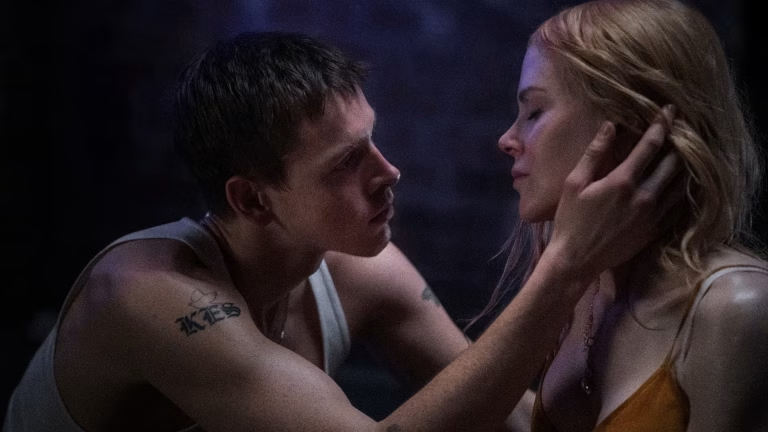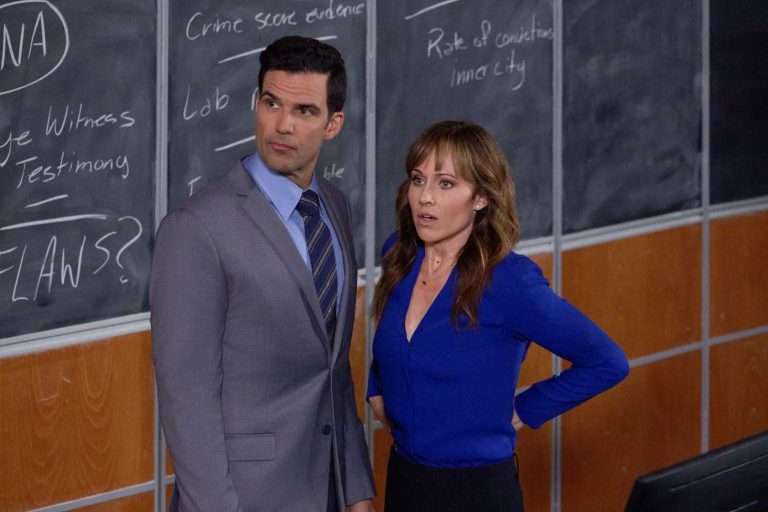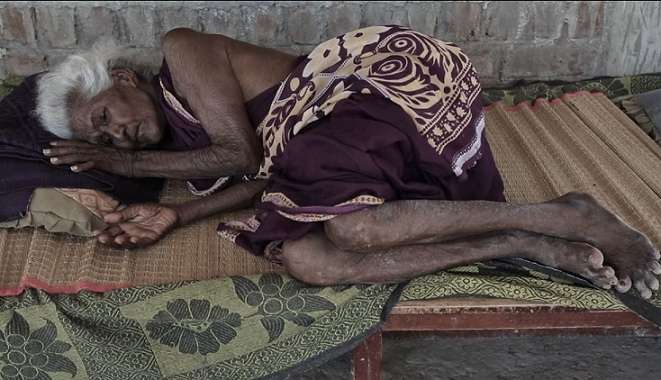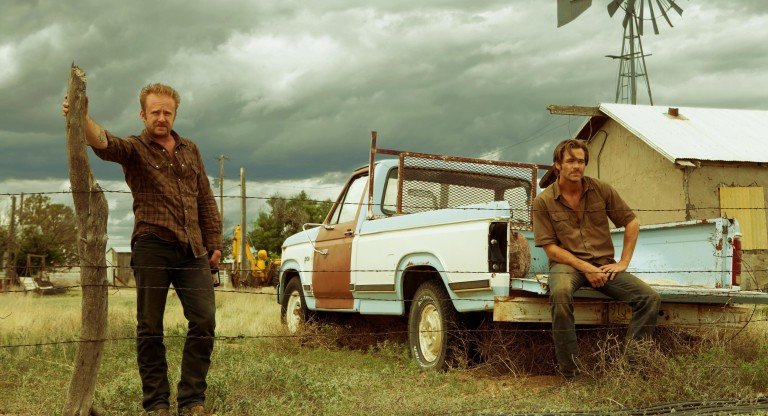“Weapons” (2025) is a potent, precise breed of psychological terror that makes no apologies for itself. Between its creative storytelling structure and its truly shocking ending, it is a film that is intended to initiate conversations. Zach Creggar’s previous film, “Barbarian,” was a clever satire of toxic relationships within the horror genre, whereas “Weapons” is a subversion of suburban horror that carefully weaves its scares into a nuanced character study.
Creggar shows an outstanding clarity within his vision, as the tone of “Weapons” can switch between darkly hilarious, utterly terrifying, and completely bizarre on a moment’s notice without ever feeling inconsistent. Given the complexities that will surely make “Weapons” even more fascinating upon a second watch, it’s safe to say that Creggar has joined the likes of Jordan Peele, Ari Aster, Robert Eggers, and Mike Flanagan as one of the true trailblazers of modern horror.
“Weapons” opens with the creepy revelation that seventeen children in the elementary school class of Justine Grady (Julia Garner) all disappeared overnight after they all woke up at the same time and exited their homes. Controversy has overtaken the community, as many of the parents are keen to blame Justine for the occurrence, suggesting that it would be impossible for her not to have some knowledge of what her students did. Attempting to smooth out the crisis is the school principal, Andrew Marcus (Benedict Wong), who has attempted to look out for Alex Lilly (Cary Christopher), the only student in the class who did not go missing.
“Weapons” is told from the perspective of multiple characters, fluidly moving to the infuriated parent Archer Graff (Josh Brolin), the troubled police officer Paul Morgan (Alden Ehrenreich), and the low-level drug dealer Anthony (Austin Abrams). Since the narrative of “Weapons” doubles back in order to show scenes from multiple perspectives, Creggar is able to examine how these simplistic descriptions only hint at the internal demons that each character faces.
Even if they are united by a collective tragedy, every member of the community is wrestling with their own feeling of unfulfillment, which is only exacerbated by the loss of innocent children. Although there are a few brief, albeit powerful instances in which characters are allowed to openly express their distress regarding the loss of these students, the incident has more significance in how it stokes divisions and provides an excuse to spout hateful rhetoric.
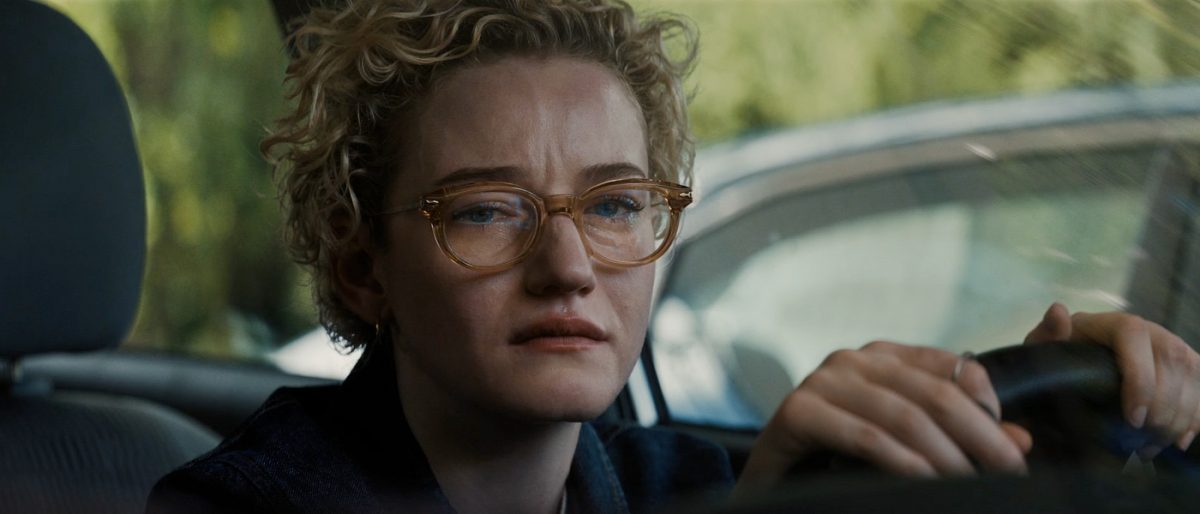
Creggar is clever in giving each character the type of nuances that would raise suspicion in a more traditional film. Graff is an embittered, rageful character who is more than willing to point his finger at those whom he considers a problem, even if he has personal regrets that he’s unwilling to admit to. Justine is somewhat aware that her behavior has been provocative, and has attempted to put her best foot forward whilst ignoring the open wounds that she’s been exposed to.
Paul has struggled to maintain authority whilst also being an integrated member of the community, as he’s been pulling deceptions to fulfill both responsibilities. Even Marcus has found himself on the outside of progress through his rigorous adherence to procedure, with Anthony’s festering ignorance of fairness practices yielding unexpectedly potent revelations.
Also Read: 10 Must-See Horror Movies You Can Watch on Max Right Now
There’s a joy in the ease with which “Weapons” builds suspense by withholding information, but it never feels like Creggar is denying the audience an opportunity to engage with the characters. The fact that key character relationships, such as Graff’s marriage or the group of concerned parents, are withheld only emphasizes how self-centered each of these individuals is.
While “Weapons” never feels the need to overplay its hand by referencing recent events, the film shows the consequences of self-serving sentiments. Since each character is (literally) living their own narrative, they have allowed a seemingly unpredictable event to occur in plain sight.
Creggar’s filmmaking is even stronger than his debut work, as he shows a precision in letting scenes linger to the point that they become uncomfortable. Horror is often most effective due to blocking and restraint, and the openness Creggar shows when depicting the process of the central conceit is far more effective than any manufactured thrills could be. “Weapons” is violent in creative and upsetting ways, but there’s also an undercurrent of black comedy that gives perspective to the ordeal. It’s not hard to imagine that had the characters not been personally tied to this mystery, they would be able to reflect on the sheer absurdity of it all.
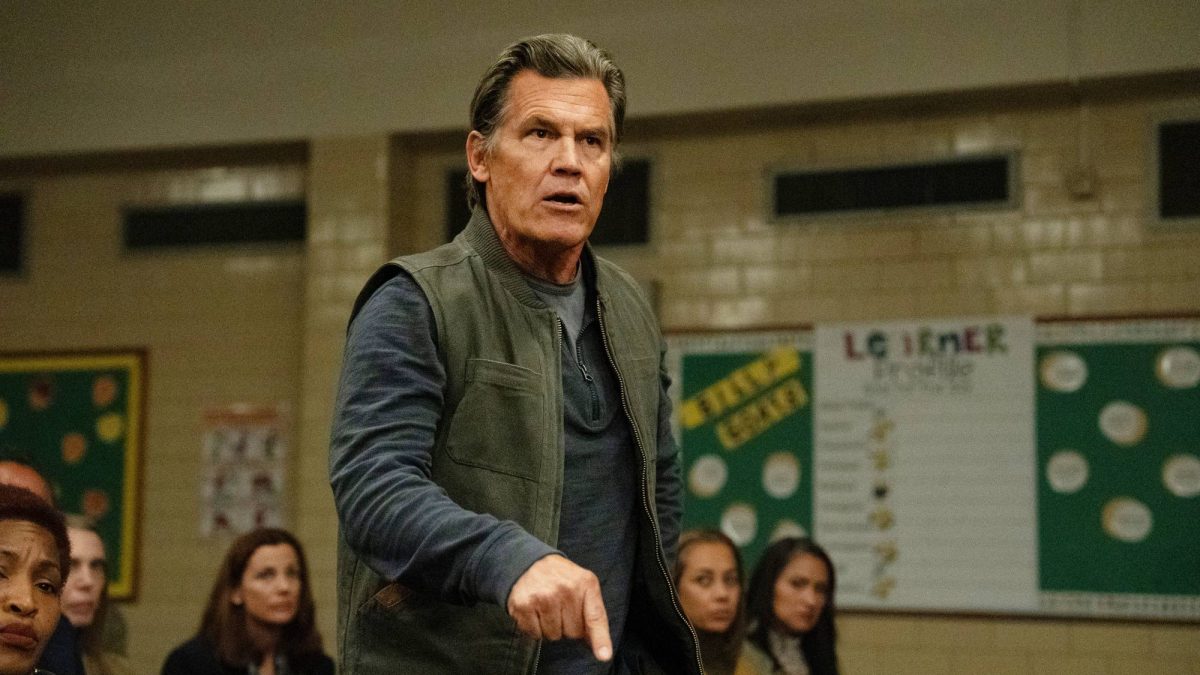
“Weapons” is also not reliant on its revelations to be entertaining, as each individual segment features exciting, thought-provoking moments of insight that examine why this small town was so perfectly primed to witness this sort of traumatic event. Justine’s personal sympathies pull her closer to danger, as it’s easy to misconstrue good intentions when everyone is on edge. Likewise, Graff’s aggressive techniques can’t mask the heartbroken fear of failure that has dominated his mind, revealing that his inherent paternal instincts haven’t been forgotten.
While any depiction of a police officer with secrets is bound to be analyzed for its perspective on recent news controversies, Paul’s storyline is often the most profound, as he’s in search of a means to earn communal validation without a guilty conscience.
“Weapons” is able to both laugh at itself and revel in its slickness, as Creggar utilizes athletic camera tricks and a memorable soundtrack to maintain the sense of momentum. Although the mythology of “Weapons” is bound to be analyzed by those who appreciate the detail-oriented approach, there’s also so much striking, disconcerting imagery to engage those who are purely interested in its visceral qualities. Even the title could be up for debate: are there people that have become literal “Weapons,” or has society armed itself with the tools that could burn itself to the ground?
There’s a timeliness to the context of “Weapons” that doesn’t undercut the timeless horror of an inexplicable event that sows discontent and aggression among vulnerable people. Although the astute commentary on American suburbia is among the most authentic in recent horror cinema, “Weapons” is also a work of drama that entertains the notion that films should provide riddles that can be unpacked and examined for dramatic purposes. As dread-inducing and thought-provoking as the film’s ambiguities are, “Weapons” is also a captivating work of entertainment made by a filmmaker willing to take full advantage of his influences.



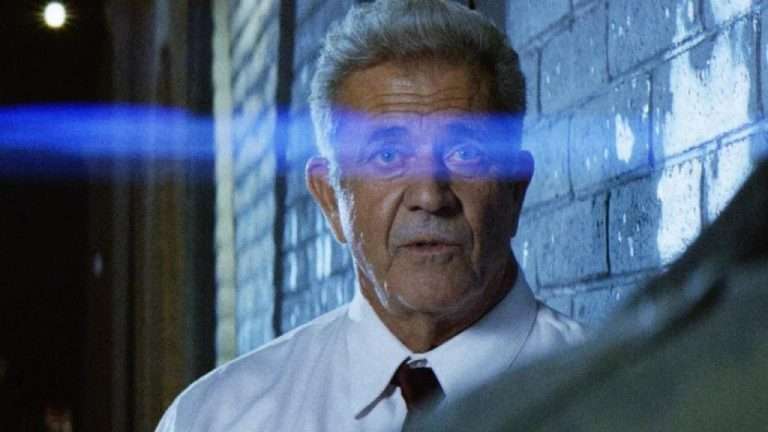
![Trapped [2017]: A Nail-biting Survival Thriller](https://79468c92.delivery.rocketcdn.me/wp-content/uploads/2017/03/trapped1-768x432.jpg)
